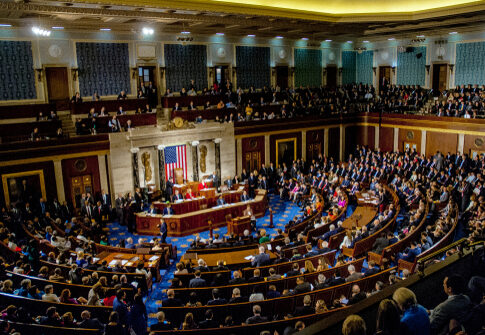Rep. Jasmine Crockett’s controversial remarks on racial oppression in America have sparked significant debate and criticism, leading to discussions about the complexities of historical narratives and the role of public figures in shaping them. Crockett distinguishes white men’s experiences from black people. She then goes on a rant about slavery and uses the historical time to define oppression.
Crockett’s Controversial Comments
Rep. Jasmine Crockett recently stated that Black people have consistently been oppressed by “the white man,” claiming white individuals in America have never faced oppression—citing their voluntary arrival as evidence. This statement has stirred intense discussions over its historical accuracy and perceived bias. Critics argue her comments oversimplify complex racial dynamics, ignoring how oppression has affected different racial and ethnic groups throughout history. Such remarks underline the importance of addressing racial issues with a nuanced understanding.
Historical instances cited by critics—including the Holocaust and ongoing tumult in Armenia—suggest Crockett’s view is too reductive. These examples are used to counter her claim that state-sanctioned oppression is exclusive to non-white individuals, urging a reevaluation of her statements’ implications for broader racial discourse. Public figures must navigate these topics carefully to foster fair representation and dialogue without marginalizing any group’s experiences.
NEW: Rep. Jasmine Crockett goes on wild rant against white people, says they aren’t allowed to use the word “oppression” because they weren’t dragged across an ocean.
Crockett said that black people “didn’t ask to be here.”
“There has been no oppression for the white man in… pic.twitter.com/iEtKoBdN5P
— Collin Rugg (@CollinRugg) November 20, 2024
The View on Crockett’s Reelection and Accusations of Racism
Concerns have been raised about Rep. Jasmine Crockett’s potential reelection, with some labeling her statements as racist. Critics disapprove of her understanding of racial histories, questioning whether her perspectives align with the responsibilities of her public office. Such allegations also prompt reflection on whether those who feel unjustly treated should stay or seek other opportunities elsewhere, intensifying discussions around fairness and historical accuracy in public narratives.
This incident emphasizes the need for leaders to engage thoughtfully in complex dialogues about race, recognizing the intricate tapestry of historical oppression affecting various groups. Any suggestion that dissatisfaction should lead to departure rather than discourse undermines efforts toward unity and equitable representation.
Rep. Jasmine Crockett is currently having an unhinged meltdown against White people pic.twitter.com/SLzAfHpRER
— Libs of TikTok (@libsoftiktok) November 20, 2024
Implications for Future Discourses on Race
Rep. Crockett’s remarks have opened a dialogue about the responsibility of public figures to speak competently and sensitively on topics of race. The debate underscores the need to promote informed, inclusive conversations about historical and current oppressions, which acknowledge the diverse experiences of all groups involved. In managing historical narratives, accountability and precision are vital to prevent the perpetuation of misconceptions and ensure an equitable society.
As the debate continues, the focus should shift to cultivating understanding and collaboration across different communities, striving for a comprehensive depiction of history that respects every perspective and contribution to the national fabric.


